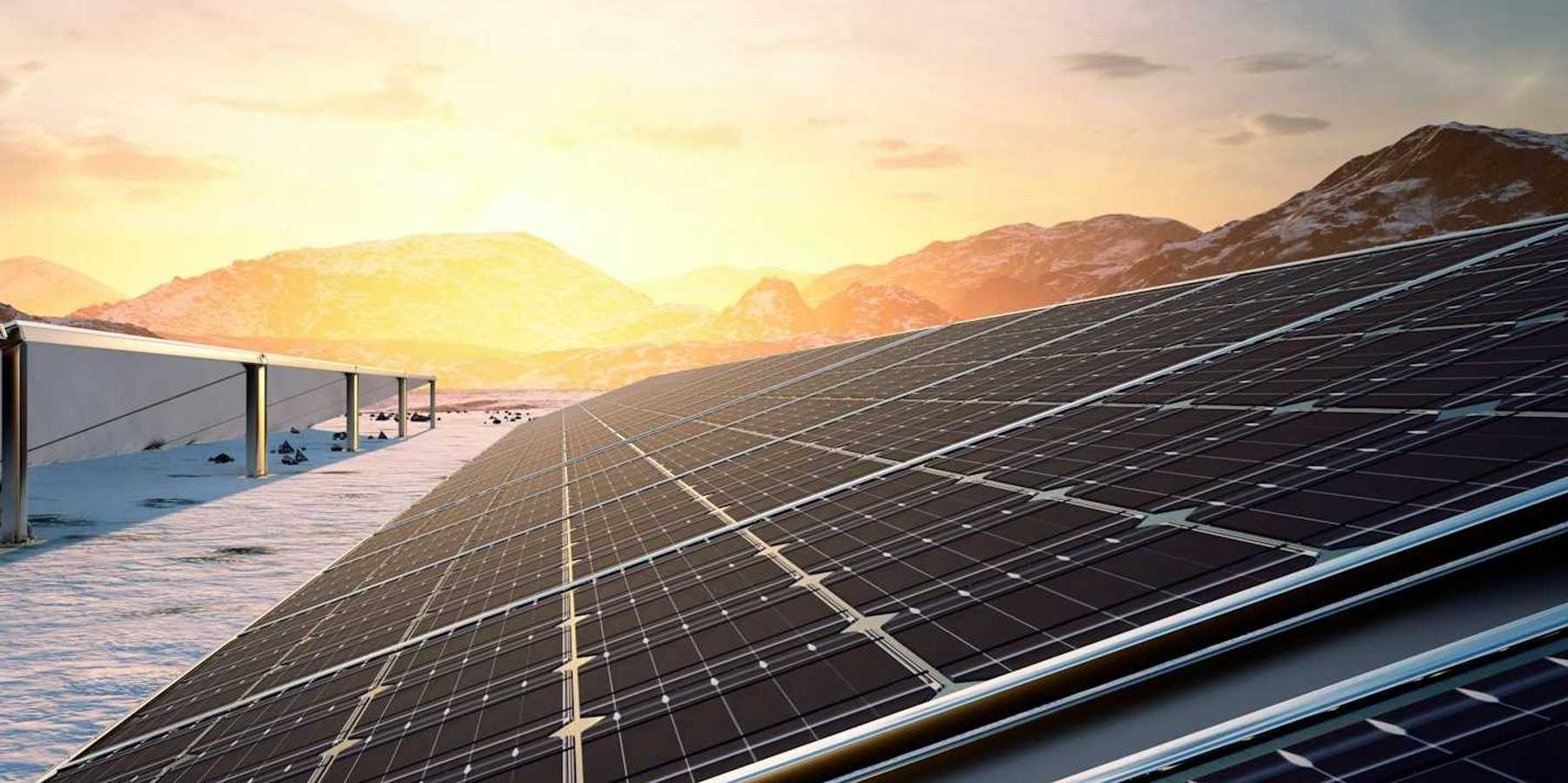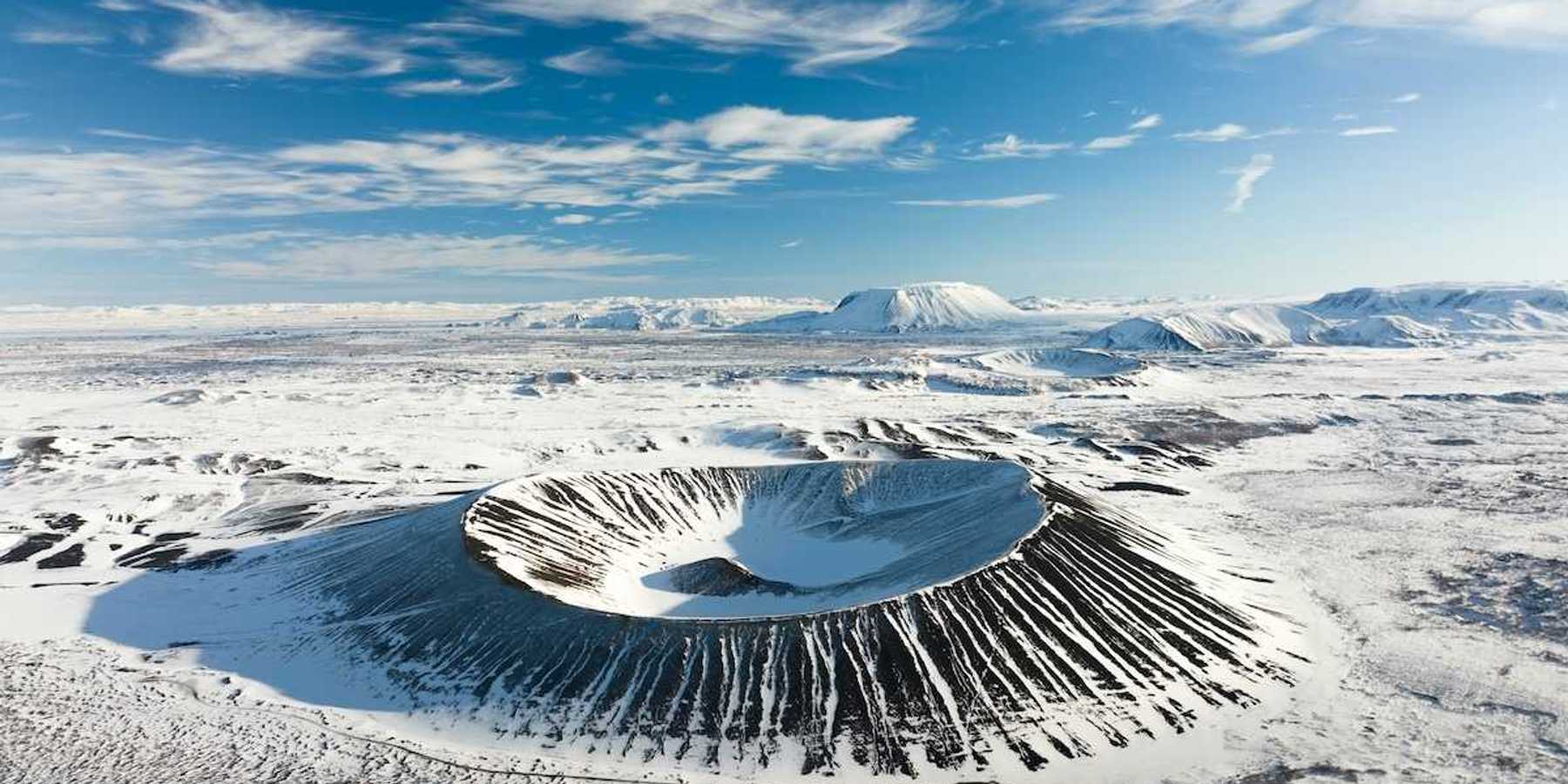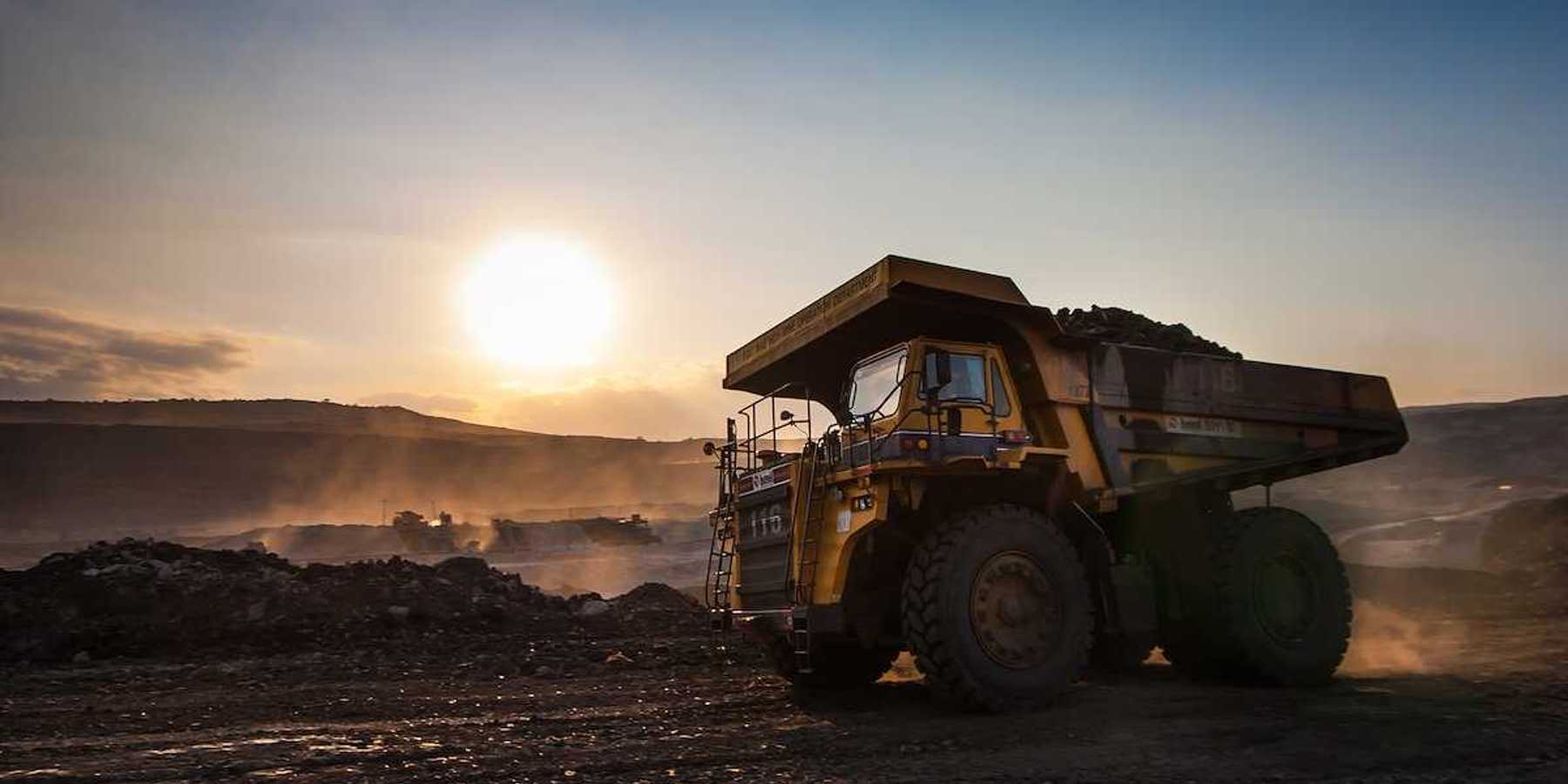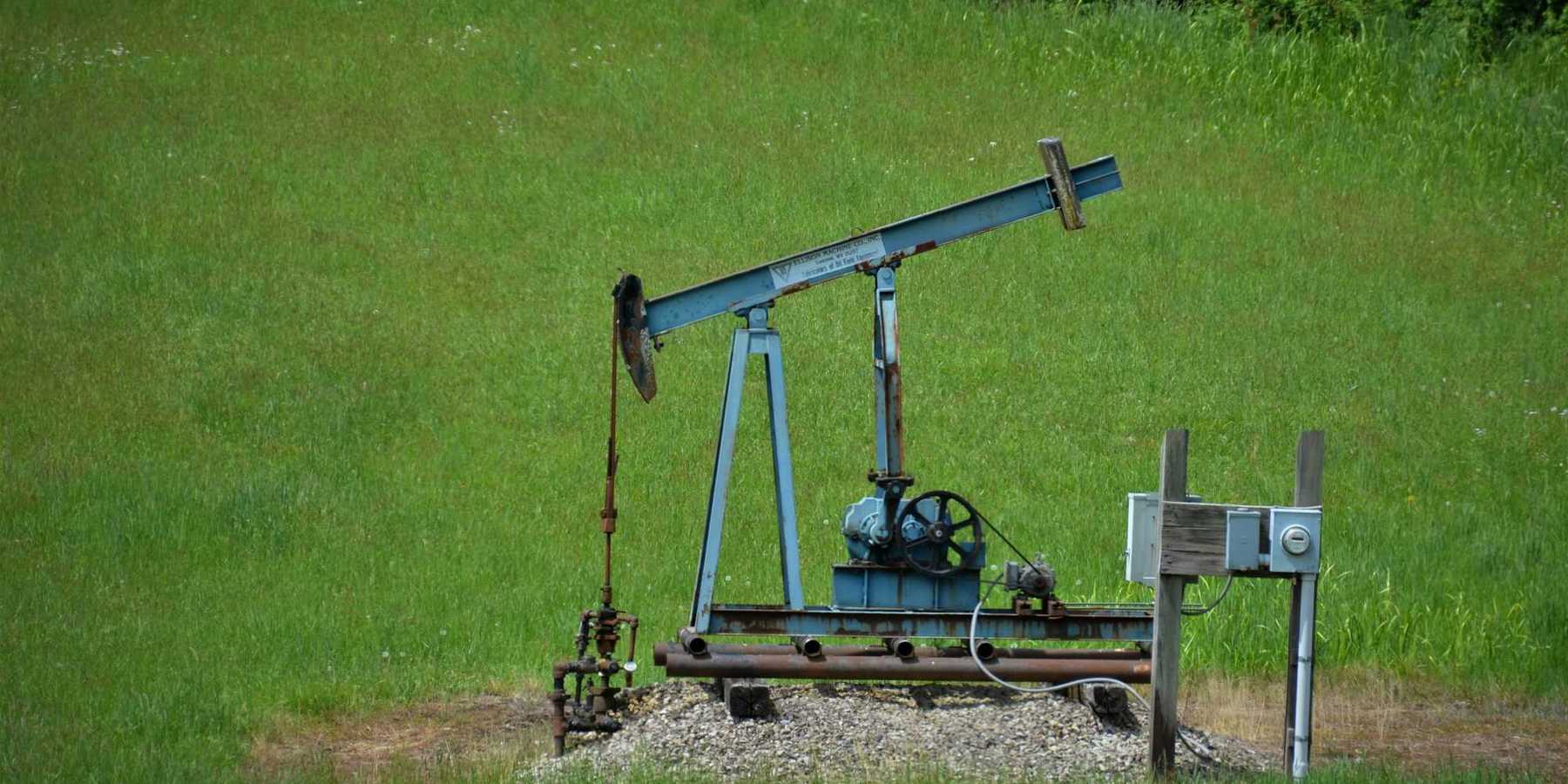Frequent vinyl chloride incidents challenge industry safety claims
A new report finds that vinyl chloride accidents occur regularly, challenging industry assertions that the chemical is safe.
-- Kiley Bense reports for Inside Climate News.
In short:
- The report by Beyond Plastics and Earthjustice reveals accidents with the carcinogenic chemical vinyl chloride average once every five days since 2010, contradicting industry safety assurances.
- It compiles data from various sources, showing widespread environmental and health impacts from these incidents.
- The findings call into question the vinyl chloride industry's own data and safety claims as the Environmental Protection Agency reviews risks associated with the chemical under the Toxic Substances Control Act.
Key quote:
"Nine hundred and sixty-six incidents since 2010 is incredible to me."
— Jim Vallette, president of Material Research L3C, which produced the new report.
Why this matters:
Vinyl chloride is used to make polyvinyl chloride (PVC), a ubiquitous, durable plastic found in everything from water pipes to flooring to clothing and construction materials.
The new report finds that billions of pounds of vinyl chloride are transported by rail and ship each year. Risks associated with the transport of vinyl chloride came into sharp focus in February 2023 following the Norfolk Southern train derailment in East Palestine, Ohio. The chemical spill and burning of toxic cargo was followed by a host of health problems among exposed residents and demands for better testing, safety regulations and industry accountability.













